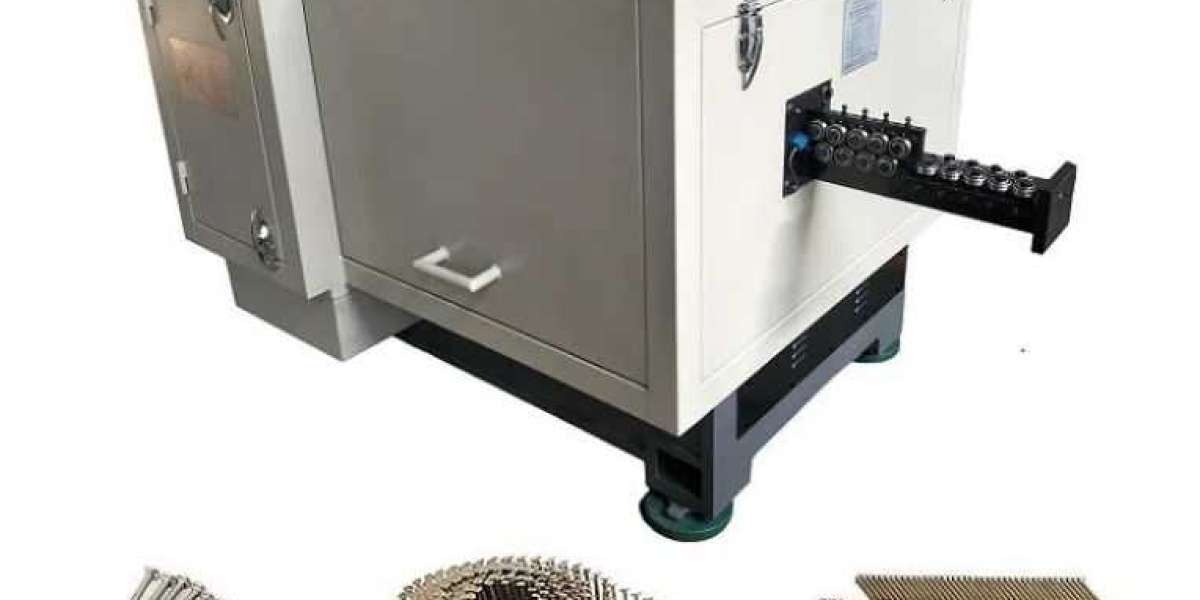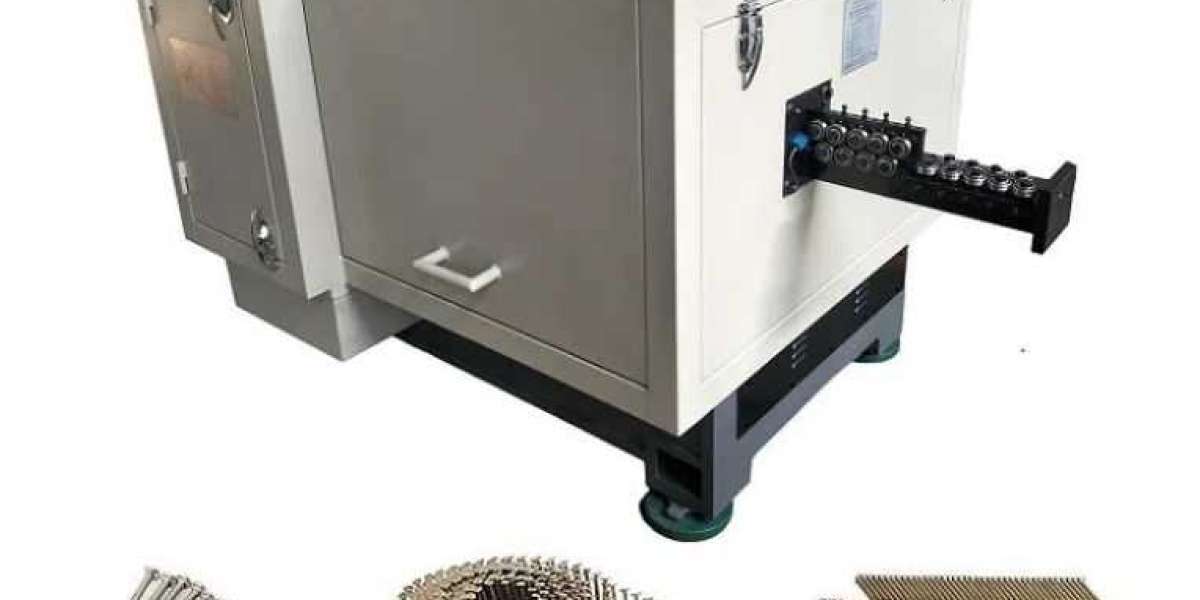Introduction
Sleep problems and hypertension are two interconnected health issues that can significantly impact one's well-being. While sleep is essential for overall health and functioning, disturbances in sleep patterns can contribute to the development and exacerbation of hypertension, a condition characterized by high blood pressure. Understanding the relationship between sleep problems and hypertension is crucial for effectively managing both conditions and promoting better health outcomes.
Sleep plays a vital role in maintaining optimal health, affecting various bodily functions, including blood pressure regulation. Disruptions in sleep, such as insomnia, sleep apnea, or inadequate sleep duration, can lead to alterations in the body's physiological processes, including increased sympathetic nervous system activity and hormonal imbalances, which in turn can elevate blood pressure levels over time.
Furthermore, individuals with hypertension often experience poor sleep quality, perpetuating a vicious cycle wherein inadequate sleep contributes to elevated blood pressure, and elevated blood pressure disrupts sleep patterns. This bidirectional relationship underscores the importance of addressing both sleep problems and hypertension simultaneously for effective management and prevention of complications.
Several lifestyle modifications and interventions can help improve both sleep quality and blood pressure control. Establishing a regular sleep schedule, creating a conducive sleep environment, and practicing relaxation techniques can enhance sleep hygiene and promote better sleep patterns. Additionally, adopting a healthy diet rich in fruits, vegetables, and whole grains while limiting sodium intake can aid in managing hypertension.
Moreover, incorporating regular physical activity into daily routines can have dual benefits, improving both sleep quality and blood pressure levels. Exercise promotes relaxation, reduces stress, and helps regulate circadian rhythms, all of which contribute to better sleep. Furthermore, it strengthens the cardiovascular system, lowering blood pressure and reducing the risk of hypertension-related complications.
Conclusion
In conclusion, addressing sleep problems is essential for managing hypertension and vice versa. By recognizing the intricate relationship between these two health issues and implementing appropriate lifestyle modifications and interventions, individuals can effectively improve both sleep quality and blood pressure control. Prioritizing adequate sleep and adopting healthy habits are crucial steps towards achieving optimal health and well-being. Consulting healthcare professionals for personalized guidance and treatment is advisable for individuals experiencing persistent sleep problems or hypertension.








